Letter To The Editor: Student Government Antisemitism Resolution
March 21, 2019
While we applaud the Student Government’s intention to combat antisemitism on campus, the resolution passed in December 2018 (and slightly amended in January 2019), Student Resolution 6 “Supporting Wake Forest’s Jewish Community by Recognizing and Fighting Anti-Semitism and Acts of Bigotry” will do little to combat anti-Jewish hatred and instead threatens to curb dramatically free speech and academic inquiry.
In spite of the well intentions of the student legislators, the language of the resolution draws from and duplicates a larger legislative effort taking place nationwide that is less concerned with combatting actual occurrences of antisemitism than with trying to suppress growing criticism on college campuses over Israel’s treatment of Palestinians and the United States’ complicity with it. As campus groups such as Students for Justice in Palestine, Jewish Voice for Peace and Open Hillel become more active and convince their fellow students to take a closer look at the desperate situation of Palestinians living under Israeli occupation, pro-Israel organizations such as Students Supporting Israel, Birthright, the Anti-Defamation League, AIPAC and the Simon Wiesenthal Center find themselves on the defensive and seek to cast these groups as inherently antisemitic. Since they are losing the battle over student opinion on a fair playing field of public debate on college campuses, supporters of this legislation are trying to demolish the entire field and stop any debate from occurring at all.
This legislation utilizes a questionable definition of antisemitism to determine if a wide array of incidents on college campuses, including student protest, are in violation of current anti-discrimination law. The definition of antisemitism is one formerly employed by the State Department and is written in such a way that even many of the current debates concerning Israel that occur among Jews in Israel and within the American Jewish community would themselves be classified as antisemitic. Even the original author of the definition has testified that it is inappropriate for the purposes of legislation and, when used as a standard on college campuses, “will actually harm Jewish students and have a toxic effect on the academy.”
The truth is that S.R. 6 is a part of a broader attempt to suppress student activism and academic speech that is in support of Palestinian human rights. The bill defines opposition to Israeli government policy as antisemitism, equates Judaism with Zionism and threatens to penalize student groups that engage in Palestinian human rights.
Such legislation will do nothing to stop actual antisemitism on college campuses, which, like ethnic hatred of all sorts, has been growing since the election of President Trump. Just as African-American, Muslim, Arab, Native American and Latinx students face increased hostility, so too have many Jewish students experienced hatred from white supremacists. All of these forms of hatred and intolerance are out of bounds and must be resisted wherever and whenever they occur.
Criticism of Israel, be its policies, laws, or even existence as a Jewish state, is not the same thing as antisemitism, even if some antisemites couch their hatred in criticisms of Israel. Although identification with Zionism may be a core belief among many Jews, Israel remains a country complete with borders, a military, an electoral system, a nuclear arsenal and a complicated history that involves both the rescue of one people and the forced displacement of another. As is the case with all other countries in the world, Israel must be subject to critical debate and scholarly inquiry. It can be protested, contested, challenged and even boycotted. Students and faculty should not be placed in violation of the law for doing so.
Michaelle Browers, Professor and associate chair of Wake Forest University’s Department of Politics and International Affairs, director of the Middle East and South Asia Studies Program
Barry Trachtenberg, Rubin chair of Jewish History, director of the Jewish Studies Program at Wake Forest University.

















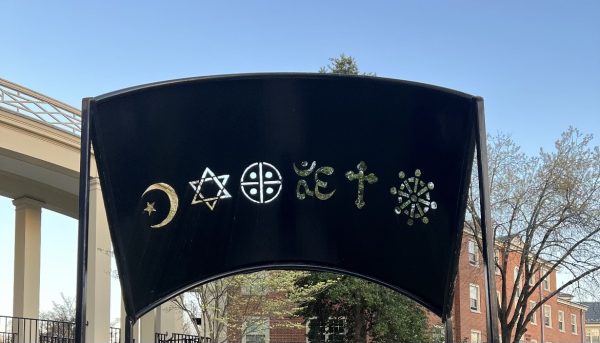
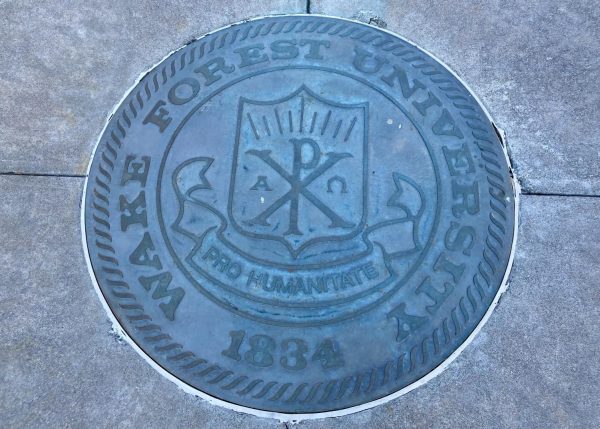
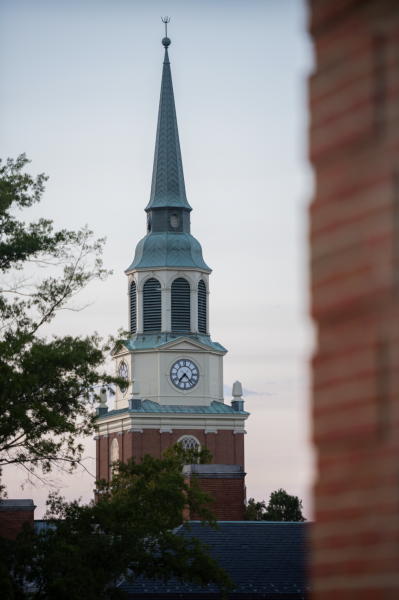
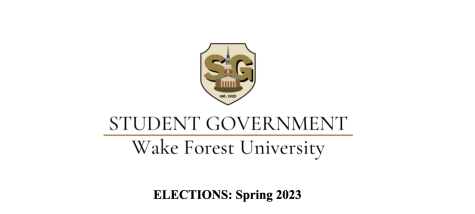
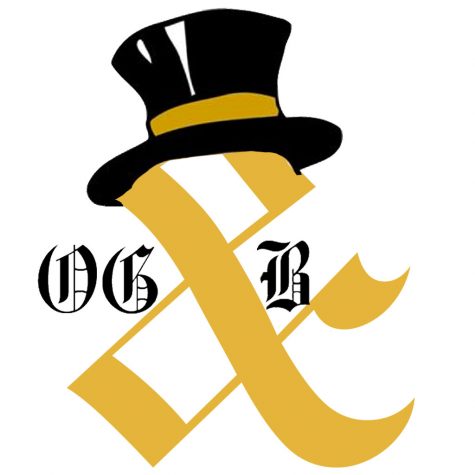
Adjunctprof • Dec 4, 2023 at 9:19 am
SJP has A history of violence, threats, and intimidation across the nation.
Your pawltey whataboutism gaslighting is wholely unconvincing.
Dorothy Bard • Apr 21, 2019 at 12:30 pm
I believe I am the first Jewish graduate of Wake Forest University (class of 1955). I am also an alumnus of the Bowman Gray School of Medicine (class of 1959). I am embarrassed and appalled by your anti Jewish and anti Israel comments. I don’t know how you ever were appointed to your present position (see Petra Marquardt-Bigman 11/12/17). I certainly wouldn’t have voted for you. In view of your obscene article, I will no longer donate money to WFU, contributions I have been making for more than 50 years. I will continue my financial support for the Bowman Gray School of Medicine.
Arthur S. Bard M.D.
Masha Merkulova • Mar 23, 2019 at 5:58 pm
Mr Trachtenberg keeps complaining about freedom of speech, yet hasn’t taken the time to excersize it other than whine about it.
Both of you were part of the panel titled Free Speech yet you actively excluded voices of those who disagree with you.
Resolution 6 clearly doesn’t infringe on your right to spread misinformation and lies about the State of Israel. The fact that the week of Israel bashing that you were so happy to organize and host is the proof that free speech TO express your Jew Hatred is alive and well.
You are even exercising your freedom of speech to intimidate undergrad students who challenge your stale and tired antisemitic thropes.
TD • Mar 22, 2019 at 3:41 pm
I agree that the definition, as
Kenneth S. Stern stated, would need revision.
Is the idea of such a statement destined to fail?
Is there out there a better definition, perhaps one that deals with multiple group?
Beer Baron • Mar 22, 2019 at 1:47 pm
The myth of Arab Muslim victimhood is cheap propaganda stemming from the failed Arab attempts to destroy Israel and throw its Jewish population “into the sea.”
The anti-Israel left continues to pander to the irrational, bigoted demands of the Middle East’s Arab Muslim countries to suppress the region’s only non-Muslim state in in favor of yet another Arab Muslim country.
That blatant disregard for the rights of anyone who is not an Arab Muslim is precisely the reason why the Jews of Israel had to fight for national independence.
The mere existence of Israel proclaims the national rights of the Jewish INDIGENOUS population of Israel; a country and a people that predate Arab colonialism and will outlive it as well.